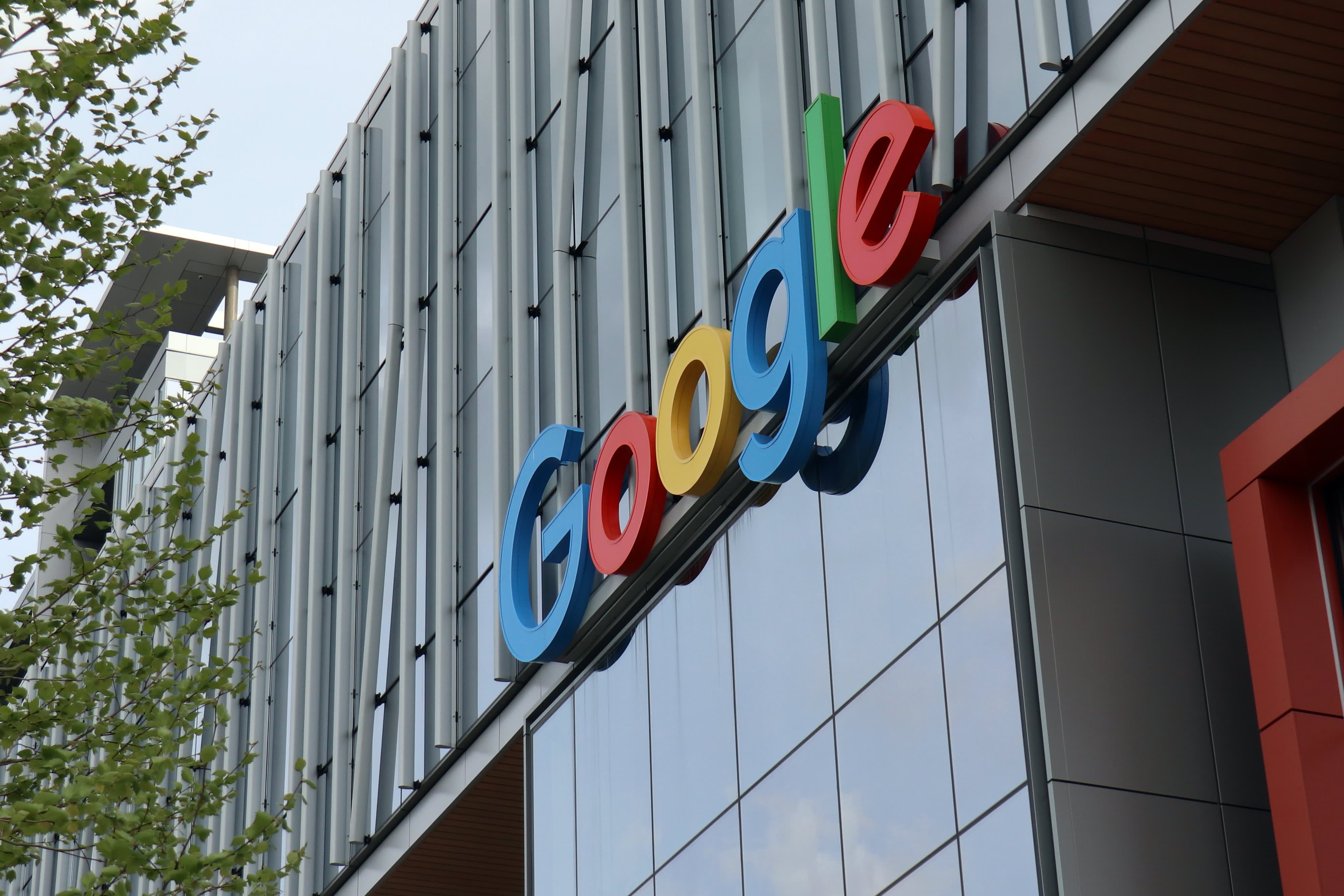
A handful of the country’s most influential tech companies are responding to rising Covid-19 cases by delaying return-to-office plans, mandating employees get the vaccine and shutting down offices altogether.
A Twitter spokesperson tells CNBC Make It that “after careful consideration of the CDC’s updated guidelines, and in light of current conditions, Twitter has made the decision to close our opened offices in New York and San Francisco as well as pause future office re-openings, effective immediately.”
In mid-July, the company’s New York and San Francisco offices were re-opened at a reduced 50% capacity for vaccinated employees who wished to return. Twitter made headlines in May 2020 when CEO Jack Dorsey said employees could work from home “forever” if they wanted.
The Twitter spokesperson added the company will “continue to assess the reopening of additional offices based on our decision-making framework that takes into account a variety of factors including infection and vaccination rates in the office locations. While opening our offices is our decision, when and if our employees come back, will be theirs.”
The corporate moves follow a number of recent announcements from political leaders. President Joe Biden is expected to announce Thursday that all federal workers will be required to get vaccinated or face strict Covid-19 testing. And on Tuesday, the Centers for Disease Control and Prevention updated their recommendations that everyone, including fully vaccinated individuals, wear a mask in indoor public settings in areas with “substantial and high transmission” of Covid-19.
Flurry of announcements in recent days as Covid-19 cases rise
Twitter is among the latest to announce its pandemic response plans amid growing concern of the latest rise in cases due to the highly transmissible delta variant. Some companies are already pushing their plans into next year — Lyft and the software company Asana will delay their return dates to February 2022.
Apple led the pack when it announced last week it was delaying return-to-office plans by at least a month until October. CEO Tim Cook’s original return plan received criticism from employees by mandating that workers would be required back in offices on Mondays, Tuesdays and Thursdays. The company also updated its recommendation that workers and customers alike wear masks inside retail stores regardless of vaccination status.
Elsewhere in Silicon Valley, Facebook announced Wednesday that employees returning to any U.S. campus will be required to be fully vaccinated. Vice President of People Lori Goler said the policy will be implemented based on local conditions and regulations and will include a process for those who can’t be vaccinated for medical or other reasons.
Facebook “will be evaluating our approach in other regions as the situation evolves,” Goler said in a statement. The company previously said in June it plans to open most of their U.S. offices at 50% capacity by early September, with an eye toward full reopening in October. “They are monitoring the situation closely,” a spokesperson tells CNBC Make It.
Workers whose jobs require them to be onsite are advised to report to the office half of the time for the foreseeable future. Everyone else at all levels across the company can request to work remotely full-time after the pandemic.
Google CEO Sundar Pichai also told employees Wednesday that they will delay office returns by a month to October, and that returning employees will be required to show proof of vaccination beginning in the U.S in the coming weeks. The company previously planned to bring workers back to the office on September 1 for at least three days a week.
“We are excited that we’ve started to re-open our campuses and encourage Googlers who feel safe coming to sites that have already opened to continue doing so,” Pichai said in his email. “At the same time, we recognize that many Googlers are seeing spikes in their communities caused by the Delta variant and are concerned about returning to the office.”
Google will monitor Covid-19 data and give employees at least 30 days notice before transitioning into its full return plans. Employees in “special circumstances” will be able to apply to work remotely for the remainder of the year.
More employers could follow
Many of the same companies announcing new policies to avoid a premature return led the pack in sending workers home at the beginning of the pandemic, and extending remote work into 2021.
Dr. Perry Halkitis, dean of the Rutgers School of Public Health, supports the decision of major employers to delay their return-to-office plans and require employees get vaccinated, noting that they are “big influencers who recognize the importance of being nimble.”
“The [Covid] indicators of today are not great,” he says. “If you and I were having this conversation five to six weeks ago, I’d say, ‘of course we’ll all be back at work.’ But I’m starting to have my doubts on that given how delta is emerging, unless there is some radical shift in vaccination rates in the country.”
Covid cases are rising again in all 50 states and vaccination rates have leveled off. In the U.S., 69.3% of adults have received at least one dose of the vaccine, according to the Centers for Disease Control and Prevention.
Halkitis also studied the HIV epidemic in the 1980s and draws parallels in how the public should be responding to developments to inform or renew safety measures. “Every day is a new day of information,” he says. “You have to be nimble. If that means we’re going to be working from home, we’re going to be working from home.”
Companies leading the pack in their pandemic safety plans must consider not only Covid-19 caseloads in their area, but also how updates could impact their employment and consumer brand image, says George Penn, vice president of HR practices at the enterprise research firm Gartner.
Employers are having to weigh whether incremental policy changes are worth a short-term disruption to avoid what he considers “long-term destruction,” such as damaging trust among employees and consumers.
“One thing to recognize about being a first mover is, if you’re making these decisions based on high-quality data, they may recognize by doing this they’re actually improving their reputation in the marketplace,” Penn says.
Check out:
Can your employer require you to get a Covid vaccine? Here’s what experts say
Employers are rethinking return-to-office amid delta variant spread and CDC indoor masking guidance
Sign up now: Get smarter about your money and career with our weekly newsletter




